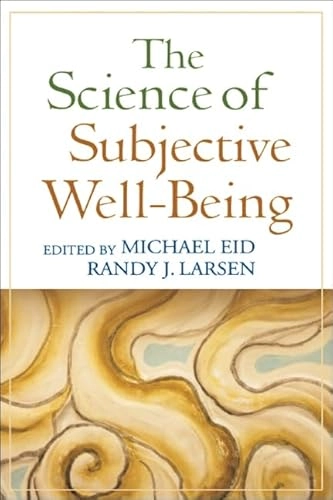

The science of subjective well-beingUpplaga 1
- Upplaga: 1a upplagan
- Utgiven: 2008
- ISBN: 9781593855819
- Sidor: 546 st
- Förlag: Guilford Press
- Format: Inbunden
- Språk: Engelska
Om boken
Åtkomstkoder och digitalt tilläggsmaterial garanteras inte med begagnade böcker
Mer om The science of subjective well-being (2008)
2008 släpptes boken The science of subjective well-being skriven av Michael Eid, Randy J. Larsen. Det är den 1a upplagan av kursboken. Den är skriven på engelska och består av 546 sidor. Förlaget bakom boken är Guilford Press.
Köp boken The science of subjective well-being på Studentapan och spara pengar.
Referera till The science of subjective well-being (Upplaga 1)
Harvard
Oxford
APA
Vancouver



















